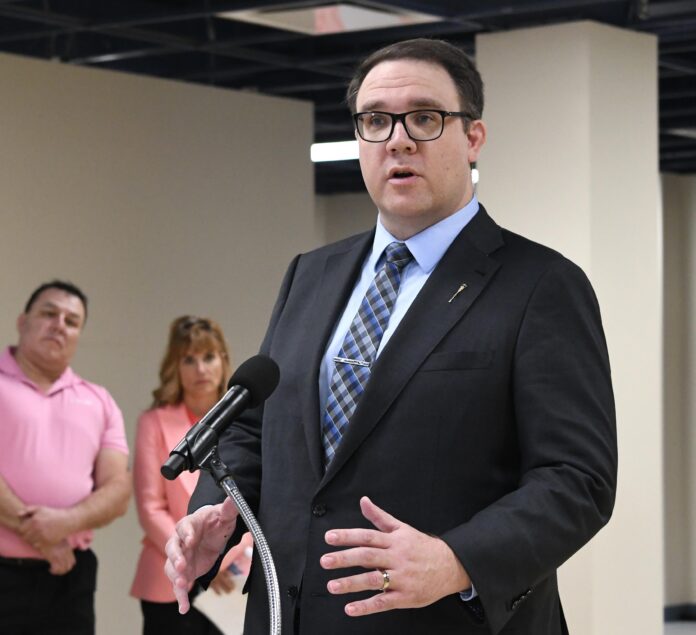
Navigating the Maze of Mental Health Treatments for Kids
Mental health is a critical aspect of overall well-being, especially for children. With the increasing number of children experiencing mental health issues, it can be overwhelming for parents to navigate the maze of available treatments. From therapy to medication to alternative treatments, there are numerous options to consider. In this article, we will explore the various mental health treatments for kids and how parents can make informed decisions for their children’s well-being.
Therapy
Therapy is one of the most common treatments for children with mental health issues. There are several types of therapy that can be beneficial for kids, including cognitive-behavioral therapy (CBT), play therapy, and family therapy. CBT helps children identify and change negative thought patterns and behaviors, while play therapy allows children to express themselves through play. Family therapy involves the entire family in the treatment process to identify and address issues that may be contributing to the child’s mental health struggles.
When considering therapy for your child, it is essential to find a therapist who specializes in working with children. A child therapist will have the training and experience to provide age-appropriate treatment and help your child feel comfortable and understood during sessions.
Medication
In some cases, medication may be necessary to help manage a child’s mental health symptoms. Common medications used to treat children with mental health issues include antidepressants, stimulants, and antipsychotics. It is crucial to work closely with a child psychiatrist or pediatrician when considering medication for your child, as they can provide guidance on the benefits and potential side effects of different medications.
Before starting a child on medication, it is essential to have a comprehensive evaluation to determine the most appropriate treatment approach. Medication should always be used in conjunction with therapy and other holistic treatments to ensure comprehensive care for your child.
Alternative Treatments
In addition to therapy and medication, there are several alternative treatments that can be beneficial for children with mental health issues. These may include mindfulness practices, yoga, art therapy, and dietary changes. Mindfulness practices, such as deep breathing exercises and meditation, can help children manage stress and anxiety. Yoga can improve flexibility and promote relaxation, while art therapy allows children to express their emotions through creative outlets.
Dietary changes can also play a significant role in mental health. A diet rich in fruits, vegetables, whole grains, and lean proteins can support brain health and improve mood. Avoiding processed foods, sugary snacks, and caffeine can help regulate energy levels and reduce mood swings in children.
When considering alternative treatments for your child, it is essential to consult with a healthcare professional to ensure they are safe and appropriate for your child’s specific needs. While alternative treatments can be beneficial, they should always be used in conjunction with traditional therapies to provide a comprehensive approach to mental health care.
Support Groups
Support groups can be an invaluable resource for children struggling with mental health issues. Being able to connect with peers who are experiencing similar challenges can provide children with a sense of belonging and understanding. Support groups can also offer valuable coping skills and strategies for managing symptoms and emotions.
There are support groups available for children with various mental health issues, such as anxiety, depression, ADHD, and autism. These groups may be facilitated by mental health professionals or peer mentors who can offer guidance and support to children in need. Parents can also benefit from joining support groups, as they can connect with other families facing similar challenges and share resources and information.
School-Based Interventions
Schools play a crucial role in supporting children’s mental health. Many schools offer counseling services, support groups, and other interventions to help children manage mental health issues. Parents should work closely with school counselors and teachers to develop a plan that supports their child’s emotional and academic well-being.
School-based interventions may include individual counseling, group therapy, behavior management plans, and accommodations for children with mental health issues. Schools can also provide resources and referrals to community-based services and mental health professionals who can offer additional support for children in need.
Parental Involvement
Parents play a vital role in advocating for their children’s mental health needs. It is essential for parents to be knowledgeable about mental health issues and treatment options and to actively participate in their child’s treatment plan. Parents should communicate openly with their child’s healthcare providers, therapists, and school personnel to ensure a collaborative approach to care.
In addition to seeking professional help for their child, parents can also support their child’s mental health by creating a nurturing and supportive environment at home. This may include setting boundaries, establishing routines, encouraging open communication, and promoting healthy lifestyle habits.
Conclusion
Navigating the maze of mental health treatments for kids can be overwhelming, but with the right information and support, parents can make informed decisions for their children’s well-being. By considering therapy, medication, alternative treatments, support groups, school-based interventions, and parental involvement, parents can create a comprehensive treatment plan that addresses their child’s unique needs. Remember that every child is different, and it may take some trial and error to find the most effective treatment approach. With patience, dedication, and support, children with mental health issues can thrive and lead happy, healthy lives.

















